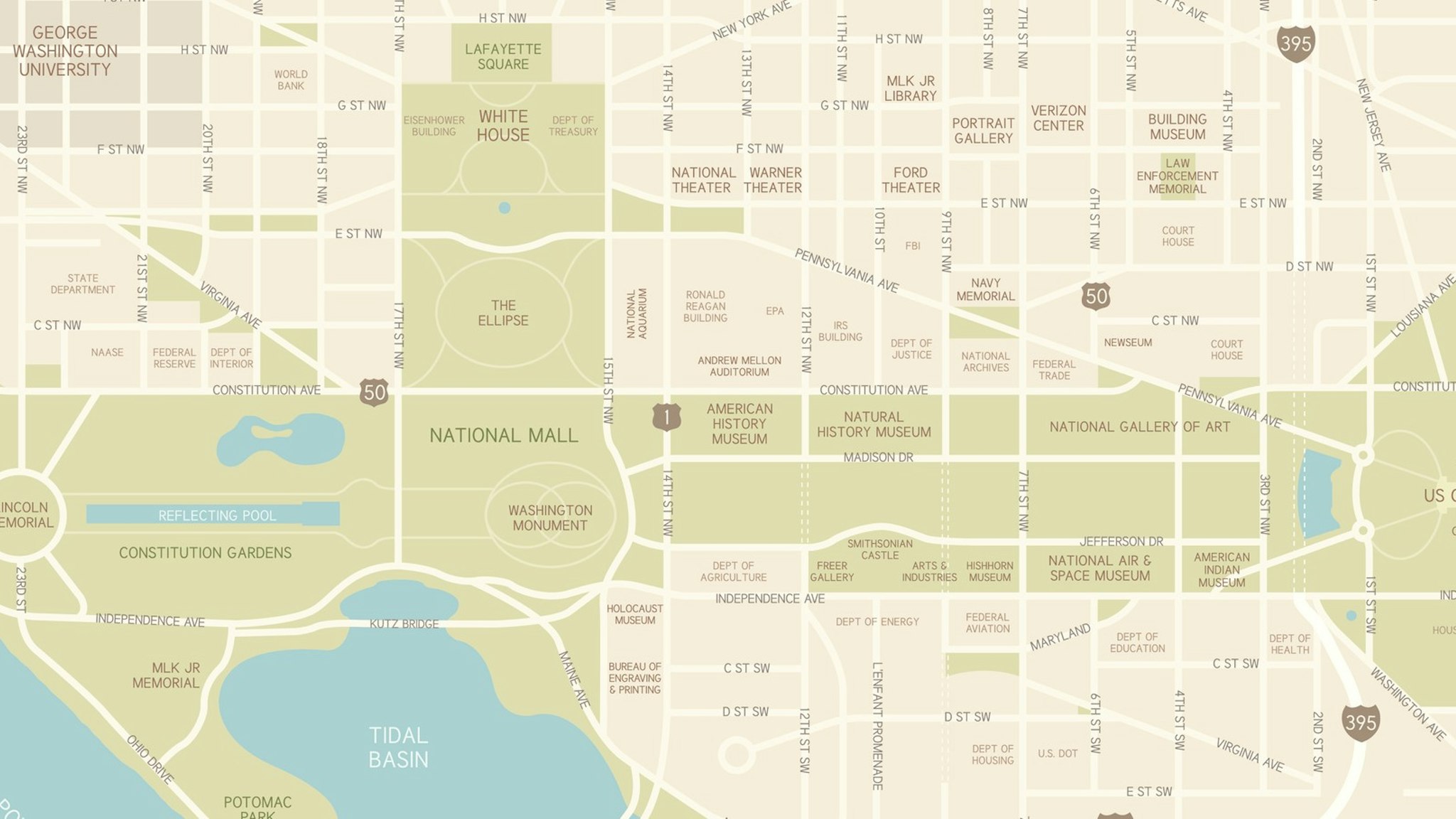Before French architect and engineer Pierre Charles L’Enfant was selected to design America’s capital city, he described his vision to Congress in 1784, saying he hoped “to give an idea of the greatness of the empire as well as to engrave in every mind that sense of respect that is due to a place which is the seat of supreme sovereignty.”
Millions of tourists from around the world come to Washington, D.C., each year to see that “seat of supreme sovereignty.”
But Harvard researchers have a new plan for America’s capital: Break the city into 127 new states. By doing so, the Electoral College established by the Founding Fathers would be rendered moot.
In a piece titled “Pack the Union: A Proposal to Admit New States for the Purpose of Amending the Constitution to Ensure Equal Representation,” the writers aren’t exactly fair and balanced.
“For most of the twenty-first century, the world’s oldest surviving democracy has been led by a chief executive who received fewer votes than his opponent in an election for the position. The first of these executives started a war based on false pretenses that killed hundreds of thousands of civilians. The second — a serial abuser of women who hired as his campaign manager a lobbyist for violent dictatorships — authorized an immigration policy that forcibly separated migrant children from their families and indefinitely detained them in facilities described as ‘concentration camps,’ ” they write.
Then they lay out their proposal.
To create a system where every vote counts equally, the Constitution must be amended. To do this, Congress should pass legislation reducing the size of Washington, D.C., to an area encompassing only a few core federal buildings and then admit the rest of the District’s 127 neighborhoods as states. These states — which could be added with a simple congressional majority — would add enough votes in Congress to ratify four amendments: (1) a transfer of the Senate’s power to a body that represents citizens equally; (2) an expansion of the House so that all citizens are represented in equal-sized districts; (3) a replacement of the Electoral College with a popular vote; and (4) a modification of the Constitution’s amendment process that would ensure future amendments are ratified by states representing most Americans.
Radical as this proposal may sound, it is no more radical than a nominally democratic system of government that gives citizens widely disproportionate voting power depending on where they live. The people should not tolerate a system that is manifestly unfair; they should instead fight fire with fire, and use the unfair provisions of the Constitution to create a better system.
The researchers claim Washington, D.C., is the only area in the United States that can legally be broken up into states and note that every proposed subdivision “voted overwhelmingly for the Democratic party in the 2016 election.”
The anonymous writers, also say “the Democratic caucus in Congress could be confident that new states created within the District would elect like-minded delegations to Congress.”
They target the Electoral College, which they think is unfair. “More than ten percent of Presidents have been elected despite losing the popular vote, in large part because the system presently operates in a manner inconceivable to its creators.”
To revamp the system, constitutional amendments would be needed. “An ‘easier’ way to amend the Constitution would be for Congress to admit a large number of new states whose congressional representatives would reliably ally with the existing majority in sufficient numbers to propose and ratify new amendments fixing the problem of unequal representation,” the researchers write.
In conclusion, the document states:
The current system of representation allows for a minority population to impose its will on a majority in a way that is deeply undemocratic. It permits the disenfranchisement of some citizens and the overrepresentation of others, and it allows a party receiving fewer votes than its opposition to control each branch of the government. It does not have to be this way.
If it was acceptable to remedy some of the Constitution’s original injustices by excluding states from the amendment process, perhaps it is worthwhile to address those remaining by creating new ones. Perhaps it is also worthwhile to dream big about what kind of change is possible. It should not be a radical proposition for the Constitution to treat citizens’ votes equally — the United States was founded on the proposition that all are created equal.
Those who still believe that should do what generations of great Americans have always done and take up the hard work of realizing that promise.

